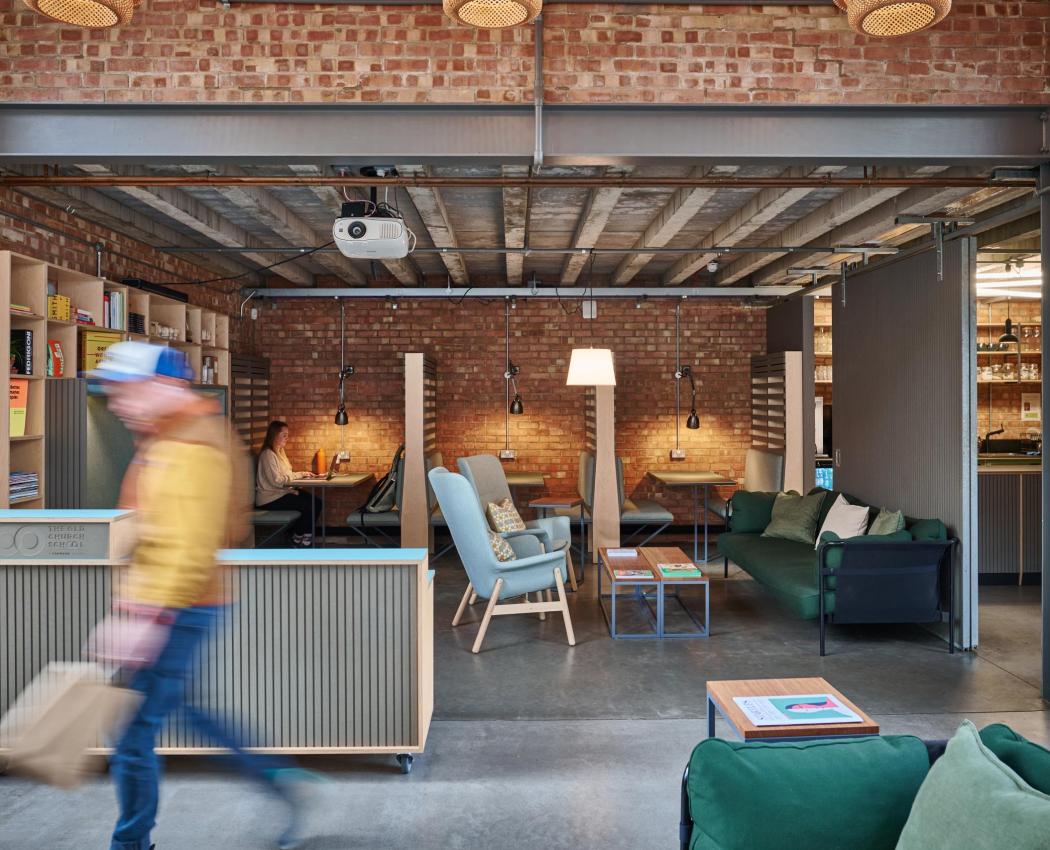In September 2021 Forward Space introduced a 4-day working pattern as part of its’ return from lockdown strategy. 6 months on, Gavin Eddy (CEO & Founder of Forward Space) shares his thoughts on how successful the shift has been and shares advice on how to make it work for you.
We had read the reviews of the Iceland study, which suggested productivity remained high and employee wellbeing increased significantly, which peaked my interest. We were concerned about the mental health impact of lockdown on our employees, so this seemed like a logical thing to explore and so we started it as a transition trial, in just one company – our workspace management provider, Coherent. Being a fully remote tech company, the team were arguably already used to self-managing working hours and practices, but it was still a great place to test out the principles. As we hoped, the trial was a resounding success and was adopted across our main operating company at Forward Space from September 2021.
"Our team want a better work/life balance, are more tuned into workspace wellbeing and value autonomy and flexibility too."
At Forward Space the demands are obviously very different to Coherent, as we have physical workspaces we need managed 5 days a week for our members, so there was a degree of working out rotas and spending time with the team to work out the best approach. We have a lot of millennial and Gen Z employees too, and their work drivers are very different. Our team want a better work/life balance, are more tuned into workspace wellbeing and value autonomy and flexibility too.
One of the tricks to making it work is to have an “anchor day” when everyone is in, which for us is a Monday. It’s the one day a week where the whole team knows that if they need questions answering, or need to discuss something outside of usual touch points that’s the best time to get to the person they need.
Apart from that, we empower our employees to make it work themselves. We’re lucky as most of our employees work in small teams so they coordinate their days off to make sure we always have cover and we ask them to stick to the same day each week for the sake of consistency. What has been interesting is that not everyone wants a long weekend and mid-week days off have proved very popular too. Employees have reported using mid-week days to take up new hobbies like climbing and painting and treat it very differently to their weekend.
Communication is key to making it work seamlessly, so having good internal communication and collaboration tools like Slack and Trello is important too.



